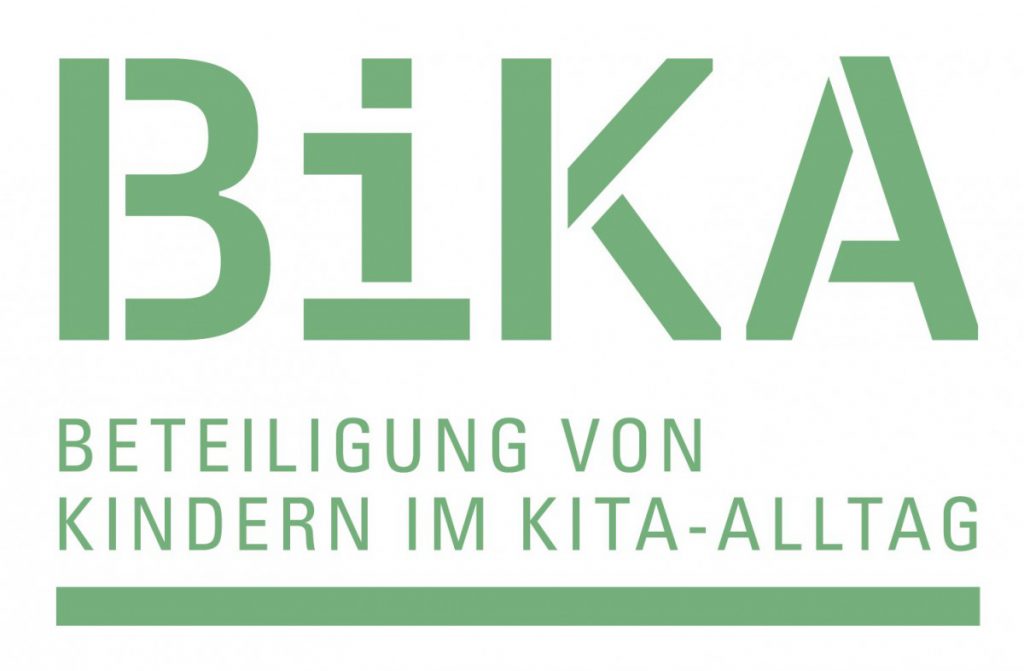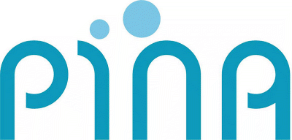BiKA – Participation In everyday life At The Day Care Centre

BiKA is a joint research project of the University of Applied Sciences and PädQUIS® research and development institute, an affiliated institute of the ASH Berlin and a cooperation institute of the University of Graz. The study was jointly developed and conducted with shared responsibility. It is financed by the Federal Ministry for Family Affairs, Senior Citizens, Women and Youth.
- Funded by: Federal Ministry for Family Affairs, Senior Citizens, Women and Youth (BMFSFJ)
- Project period: 01.2018 to 12.2020
- Project management: Prof. Dr. Frauke Hildebrandt, Prof. Dr. Catherine Walter-Laager
- Coordination: Bianka Pergande
- Project staff: Anna-Katharina Range, Julia Huwer, Sarah Schilling, Julia Huwer, Lydia Küttner
Projekt Description
In recent years, the number of kindergartens, especially nurseries taking care of children younger than three years, has significantly expanded in Germany and thus laid a good foundation for the compatibility of family and work for many parents. As a next step, the federal government and the federal states now focus on the quality of daycare. In the BiKA study, the University of Applied Sciences and PädQUIS institute explore the quality of daycare. They focus on the realisation of the participation of young children. Thus an essential part of process quality demanded by experts and responsible bodies alike and that has not been considered enough on a national level moves into the centre of attention. The BiKA study explores the following: How do educators manage to include the perspective and the needs of children in an appropriate manner? How do educators ensure the children’s participation in situations that are important to them? To this end, the educator’s ability to recognise signals of young children, to react sensitively and appropriately, and their ability to let children participate in ritualised key situations is assessed. Moreover, children’s reaction to these participation-oriented interactions with educators is also vital to the study. Both the participation-oriented competencies of educators and the children’s reactions are filmed in everyday pedagogical situations, whereas routines such as eating, reading and playing are central.



